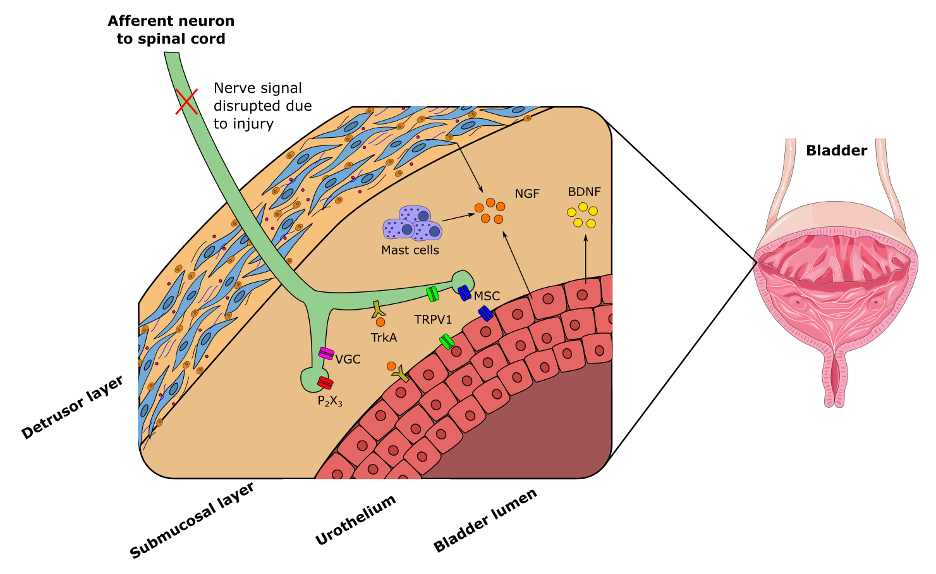
Figure 1. Adapted from Isali Et Al. Demonstrating a Variety of Regenerative Methods in Facilitating the Recovery of the Complex Nature of Neurogenic Bladder2
We compiled studies utilizing search terms such as “regenerative medicine,” “stem cells,” “neural progenitor cells,” and “neurogenic bladder” on Google Scholar and PubMed. Only English articles published after 2018 were considered. Selected manuscripts on the relevant topic were subjected to a full manuscript review.
A variety of stem cells, such as mesenchymal stem cells (MSCs), immortalized MSCs, placental stem cells, amniotic fluid stem cells, umbilical cord stem cells, adipose-derived stem cells, and induced pluripotent stem cells (iPSCs) were utilized in the treatment of neurogenic bladder by employing different animal models with the aim of recovery of bladder function. Stromal cell-derived factor 1 (SDF-1) was found to be an essential mediator of the stem cells in aiding regeneration in several tissue types. MSCs were found to suppress fibrosis through the TGF-β1 signaling pathway. iPSCs were also found to improve regeneration by autophagy inducers. Neural progenitor cells were also highlighted as the potential for translating stem cell therapies into practice.
Challenges still prevent the translation of neurogenic bladder basic research to clinical settings. Firstly, it is difficult to generalize the current literature described in in vivo studies due to a lack of standardization in neurogenic bladder induction protocol. Moreover, there is yet to be a complete understanding of the processes and mechanisms that allow regenerative treatments to improve bladder function. Additional studies and clinical trials are required to evaluate the safety and efficacy of novel regenerative approaches in treating neurogenic bladder.
Written by: Thomas R. Wong, Ilaha Isali,& Adonis Hijaz
Department of Urology, University Hospitals, Cleveland Medical Center, Cleveland, OH
References:
- Nseyo, U., & Santiago-Lastra, Y. (2017). Long-Term Complications of the Neurogenic Bladder. The Urologic Clinics of North America, 44(3), 355–366.
- Isali, I., Wong, T.R. & Hijaz, A. (2024). Stem Cell and Neural Progenitor Cell Therapy for Neurogenic Bladder—Where Are We in 2023?. Current Bladder Dysfunction Reports.


